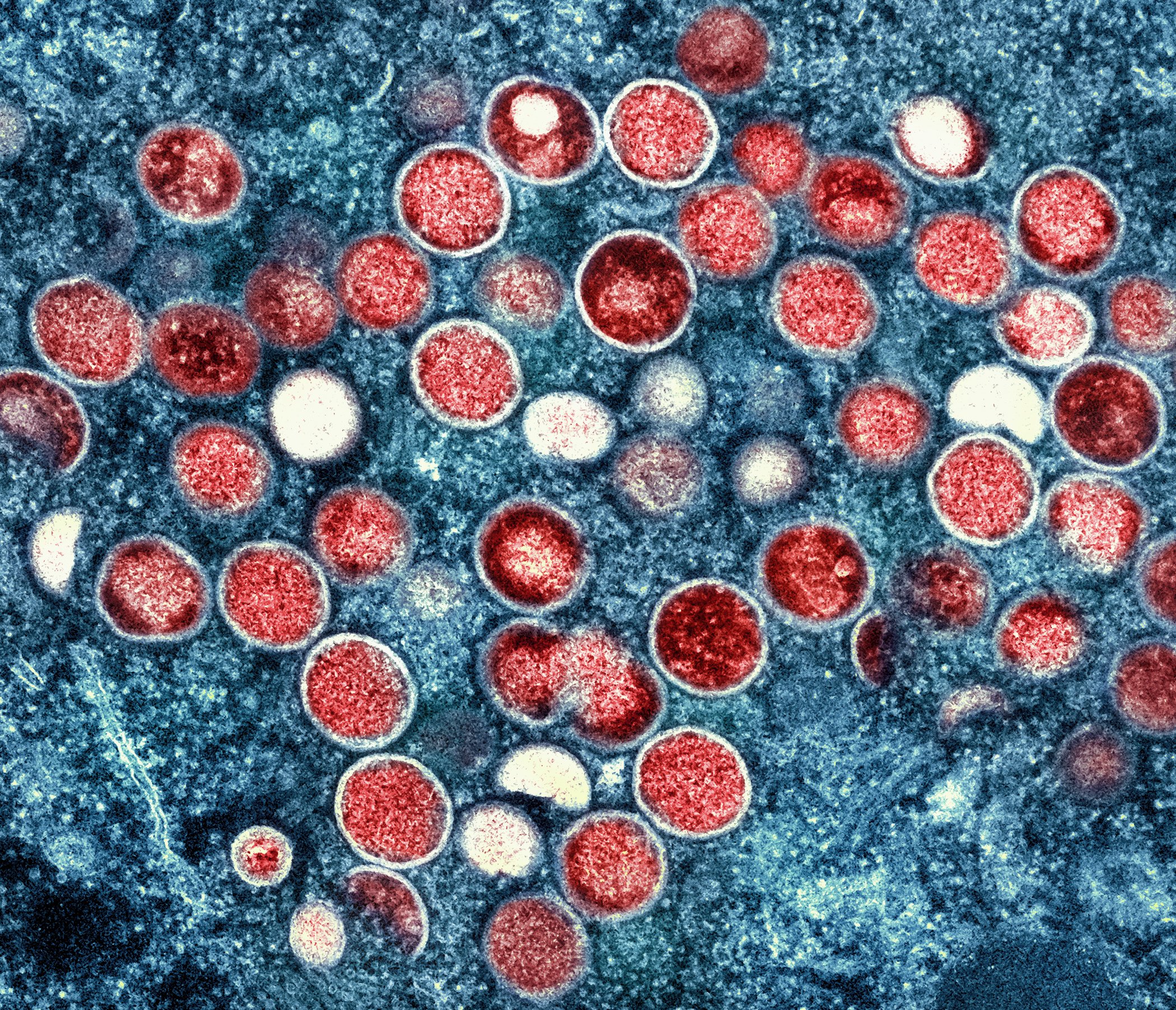Some Key Monkeypox Facts
/Today, I’d like to share a few key facts about monkeypox.
First of all, the disease is badly named. Although it can affect primates such as humans and monkeys, it’s not a disease of monkeys, it’s a disease of rodents. It was first discovered in monkeys, hence the name. But rodents are the reservoir.
This is not the first time we’ve had a monkeypox outbreak in America. The previous, and much smaller, outbreak, was in 2003. At that time, a pet importer housed exotic animals from Ghana near pet prairie dogs. Some of the animals from Ghana passed monkeypox on to the prairie dogs, whose owners then became infected. Vigorous contact tracing and isolation nipped the outbreak in the bud, before it spread into our wild rodent population.
This time, we have a much larger outbreak, and it is worldwide, although by far the largest number of reported cases is in the US.
Monkey pox is not specifically a disease of men who have sex with men. Somehow, the virus found its way into the MSM population via some large events that took place over the summer. Highly connected sexual networks have provided the monkeypox virus with an opportunity to spread. However, as far as we know, it is not an STI, although it’s possible that sexual transmission could be one method by which it is passed on. But skin to skin contact with an infected person is more important. This could include anyone who has sex, or who has prolonged skin to skin contact for any other reason.
Monkeypox is also spread by droplets or aerosols. In lab conditions, it can remain viable in the air for as long as nine days. And people are infectious during the asymptomatic incubation period, which can be from 2-17 days, according to the CDC.
Remember when we were rubbing and scrubbing door handles and not touching anything someone else had touched, because we thought COVID could spread via infected surfaces? It turned out that fomites—surfaces like clothes, utensils and furniture, were not important in the spread of SARS-CoV-2, and we all relaxed a bit.
Alas, fomites are important where monkeypox is concerned. The monkeypox virus can remain viable on surfaces for 15 days or more, depending on the surface. If you’re not taking care of a patient with monkeypox, it’s unlikely, but not impossible, for you to get a high enough viral load to get sick. Monkeypox isn’t as infectious as COVID--although that’s not saying much, seeing as how the current variants of SARS-CoV-2 are the most infectious disease in human history. In our next talk, we’ll suggest some simple and non-toxic ways for you to reduce the viral load potentially entering your home.
What about pets? A case report just came out in The Lancet regarding a greyhound who contracted the disease from his owners. So, pets should be kept isolated from monkeypox patients.
For those of us who are older, we’ve been vaccinated against smallpox. However, immunity has probably waned, so we still need to be cautious.
The monkeypox virus has never had an opportunity like this before. Inevitably, as it infects tens of thousands, then hundreds of thousands, then millions, it will improve its fitness as it adapts to humans. So the information we’re sharing today is likely to change. Stay tuned!
Alakananda Ma M.B., B.S. (Lond.) is an Ayurvedic Doctor (NAMA) and graduate of a top London medical school. She is co-founder of Alandi Ayurveda Clinic and Alandi Ayurveda Gurukula in Boulder Colorado, as well as a spiritual mother, teacher, flower essence maker and storyteller. Alakananda is a well known and highly respected practitioner in the Ayurveda community both nationally and internationally.
Enliven your holistic health! Visit Alakananda Ma in Alandi Ashram’s ayurvedic clinic to support the overall rejuvenation of your body, mind, and spirit. In-person and virtual appointments available. Book now!










